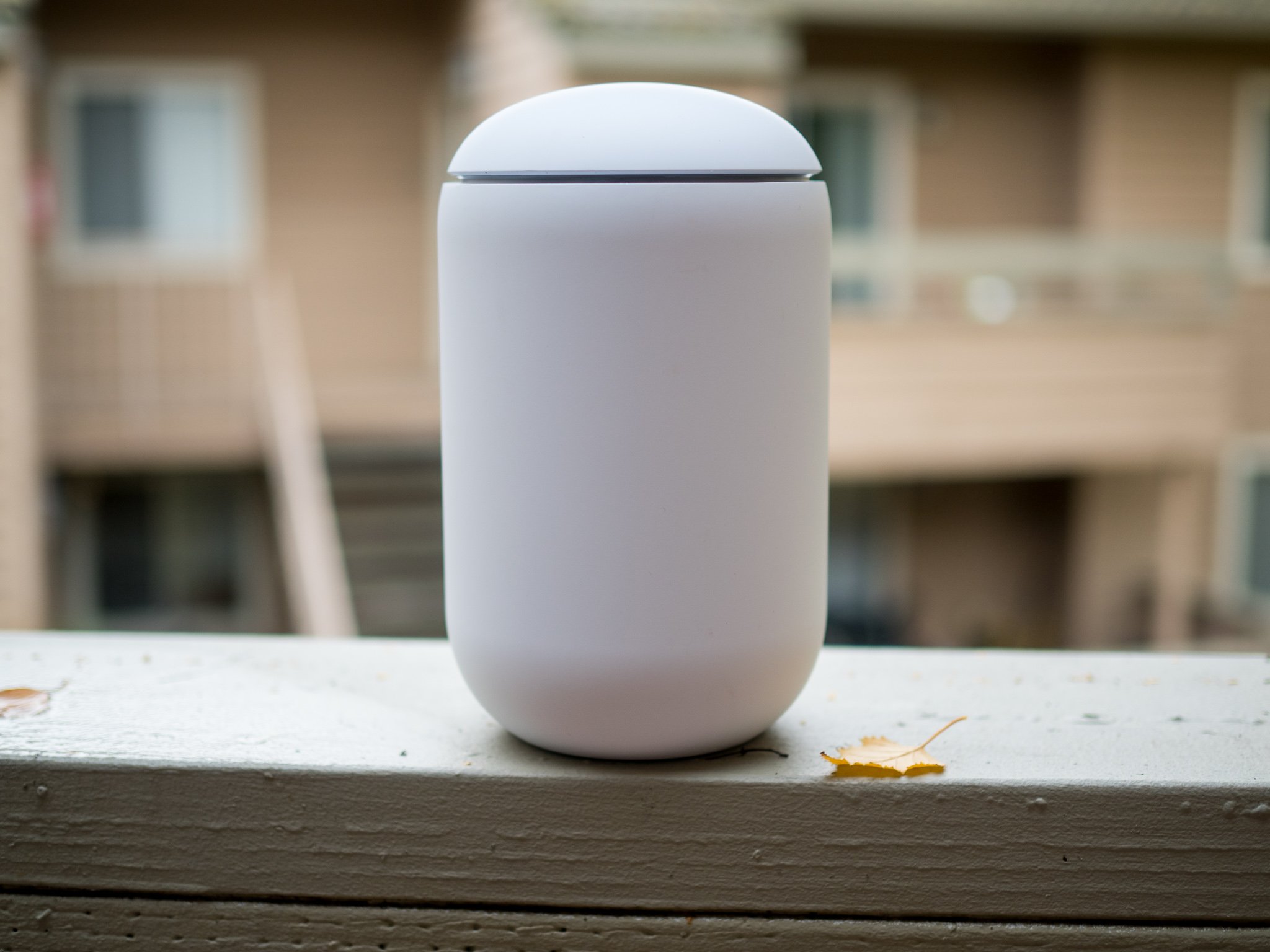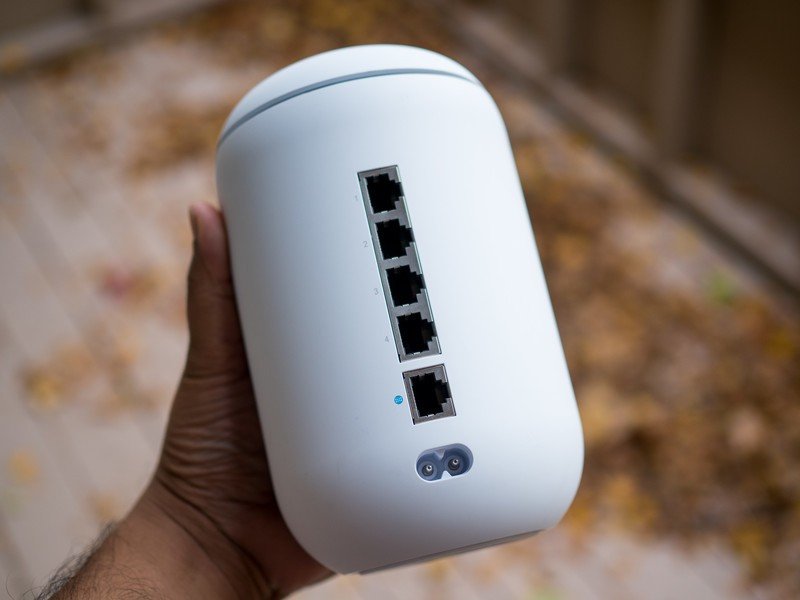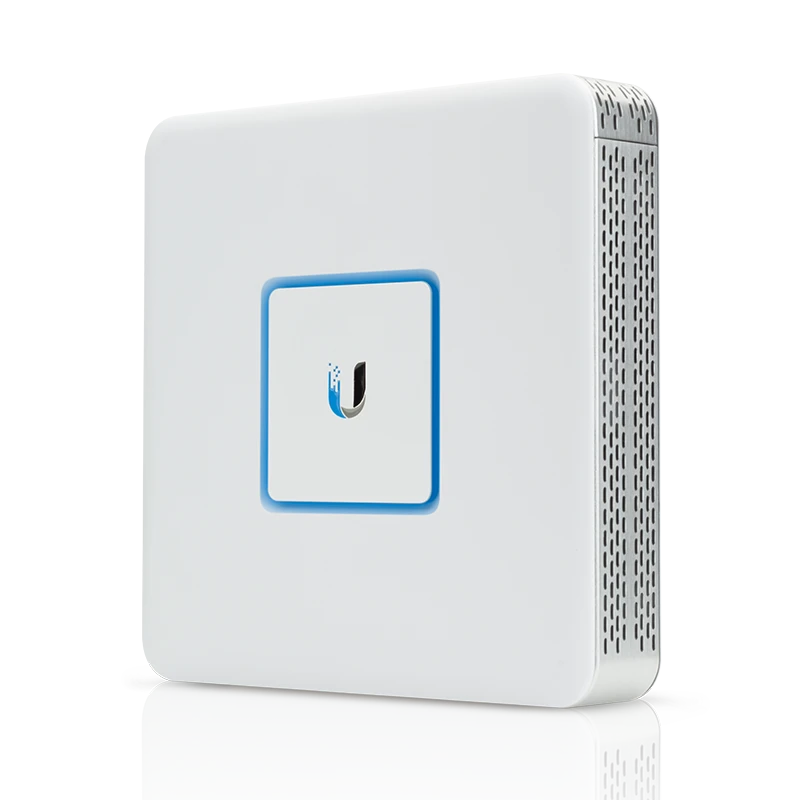You can now buy Ubiquiti's routers in India, including the UniFi Dream Machine

Ubiquiti is not a brand you may have heard of unless you're a networking enthusiast, but it makes some of the best routers in the industry. The brand is focused on the enterprise segment — its UniFi access points are common in public places like malls and offices — but the brand also sells the same products directly to customers.
That makes things particularly interesting, because Ubiquiti gives you a level of customization that you just won't find with mainstream vendors like TP-Link, Netgear, ASUS, and others. Ubiquiti's network controller interface also gives you an exhaustive level of control over your home Wi-Fi network. Finally, Ubiquiti's gear is extensible: you can just pick up one access point to start things off, and pair it with a smorgasbord of other equipment to fit your needs. As I'm finding out first-hand, the Ubiquiti rabbit hole runs deep.
So here's where things get exciting. Ubiquiti is finally selling its networking products directly in India. Previously, you had to go through a distributor to get your hands on the brand's UniFi products, but with the India store now live, you can pick up Ubiquiti's latest products directly from the brand.

I'll highlight two products that make the most amount of sense for the Indian market. First up is the UniFi Dream Machine, which is available for ₹33,999 ($445). That is a lot to pay for a router, but you're also getting a lot here. The UniFi Dream Machine is an all-in-one solution that lets you get started with Ubiquiti's network controller with minimum hassle. You get four Gigabit Ethernet ports, and has Ubiquiti's security gateway built in.
The router also has excellent internal hardware in the form of a quad-core Cortex A57 chipset, 2GB of RAM, and 16GB of storage. For context, I also have an ASUS RT-AC5300, and that has 256MB of RAM and 128MB of flash memory. The hardware just gives you more overhead, and you don't need to worry about the specs becoming a bottleneck in the future.
And then there's the fact that the UniFi Dream Machine delivers outstanding performance. It is based on Wi-Fi ac and not the newer Wi-Fi 6 standard, but you get 4x4 MU-MIMO and rock-solid connectivity all over your home. I reviewed the router when it debuted at the end of last year, so take a look at the review to get a better idea of what's on offer:
Ubiquiti UniFi Dream Machine review: This is the router you've been looking for
Be an expert in 5 minutes
Get the latest news from Android Central, your trusted companion in the world of Android
The second option is more versatile. You can pick up the UniFi AC Lite access point for ₹9,349 ($120), and pair it with the UniFi Security Gateway, which is available for ₹12,699 ($165). As the AC Lite is just an access point, you need another product to serve as the router, and this is where the UniFi Security Gateway comes in. Going this route gives you the ability to extend your network should you need to do in the future by adding more AC Lite access points.
If you're looking for a unified solution that delivers whole-home coverage, the UniFi Dream Machine is a great option. But if you're looking for extensibility and want to configure your home network to your preferences, go with the UniFi AC Lite and Security Gateway.

UniFi Dream Machine
The UniFi Dream Machine provides reliable whole-home coverage in a high-end package, and you can also use it in a mesh configuration.

UniFi AC Lite
The UniFi AC Lite is a fantastic way to get started with Ubiquiti's products, with the access point delivering excellent throughput.

UniFi Security Gateway
The UniFi Security Gateway handles routing and security for your home network, and is the easiest way to get off the ground with a custom UniFi install in your home.

Harish Jonnalagadda is Android Central's Senior Editor overseeing mobile coverage. In his current role, he leads the site's coverage of Chinese phone brands, networking products, and AV gear. He has been testing phones for over a decade, and has extensive experience in mobile hardware and the global semiconductor industry. Contact him on Twitter at @chunkynerd.
